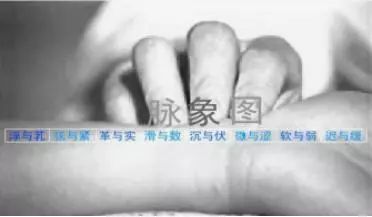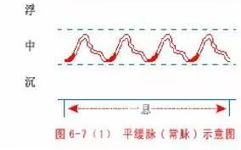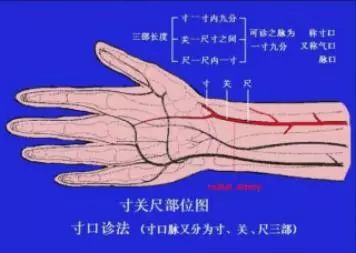
Pulse theory requires careful attention; the three methods and four types must be memorized. Human pulse is difficult to interpret, requiring diligent practice; observing form and distinguishing patterns is not easy. The floating, sinking, slow, and rapid pulses are essential; expanding knowledge of each pulse’s true message is necessary. This theory must be understood before diagnosis to avoid errors by inexperienced practitioners. Mastery of pulse diagnosis requires consistent effort and attention to detail.
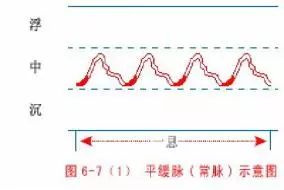
Floating Pulse (Fu Mai): Lightly felt, absent when pressed; the floating pulse drifts above the flesh. Like a sailboat floating without direction, the floating pulse requires careful examination. A strong pulse indicates a response to wind, while a weak pulse suggests emptiness. The floating pulse has seven variations (floating tight, floating slow, floating slippery, floating rapid, floating weak, floating empty, floating surging), which require experience to understand.
Surging Pulse (Hong Mai): The surging pulse fills the finger like waves, strong when it comes and natural when it goes. A surging pulse indicates excess Yang, especially in summer, but is not merely a sign of fire excess.
Full Pulse (Shi Mai): The full pulse is strong and robust, indicating a strong presence. New illnesses often present with a full pulse, while chronic conditions may show signs of Qi stagnation.
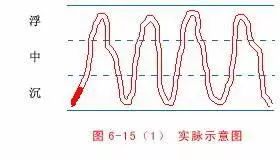
Long Pulse (Chang Mai): The long pulse extends beyond its normal position, resembling a long rod, weak in nature. It indicates a strong heart and kidney Qi. A full pulse may resemble a sword in length.
Short Pulse (Duan Mai): The short pulse resembles a turtle, with its head hidden and tail exposed. It is difficult to diagnose with just the inch and cun measurements. A short pulse indicates difficulty in treatment, often suggesting a deficiency of true Yuan Qi.
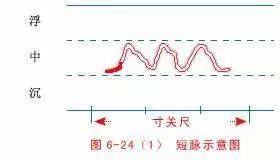
Scattered Pulse (San Mai): The scattered pulse is floating and lacks depth, appearing irregular and unsteady. It may indicate a miscarriage or severe illness if persistent.
Sinking Pulse (Chen Mai): The sinking pulse is heavy and deep, like a stone sinking in water. It is weak when pressed, indicating true Yuan deficiency. A strong sinking pulse may indicate pain or Qi stagnation. Variations include sinking tight, sinking slippery, sinking wiry, sinking fine, sinking rapid, sinking slow, and sinking weak.
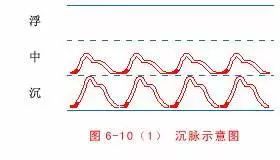
Weak Pulse (Ruo Mai): The weak pulse is soft and delicate, easily missed. It indicates a deficiency of Qi and blood, raising concerns for the young.
Empty Pulse (Xu Mai): The empty pulse is soft and weak, indicating a deficiency of spirit and Qi. It is often associated with excessive sweating.
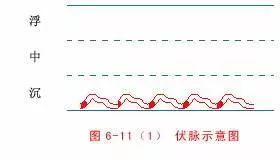
Firm Pulse (Lao Mai): The firm pulse is strong and deep, indicating significant internal issues. It may suggest labor-related injuries or emotional distress.
Leather Pulse (Ge Mai): The leather pulse is floating and urgent, resembling a drum skin. It may indicate postpartum issues in women or blood deficiency in men.
Slow Pulse (Chi Mai): The slow pulse is characterized by a slow rhythm, indicating cold conditions. Variations include slow, knotty, intermittent, and rough pulses.
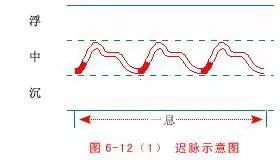
Relaxed Pulse (Huan Mai): The relaxed pulse is gentle and even, indicating a calm state. It suggests a balance of Qi and blood.
Knotty Pulse (Jie Mai): The knotty pulse indicates emotional distress and stagnation of Qi.
Intermittent Pulse (Dai Mai): The intermittent pulse is irregular and indicates severe Qi deficiency.
Rough Pulse (Se Mai): The rough pulse is difficult to interpret, indicating stagnation of fluids and Qi.
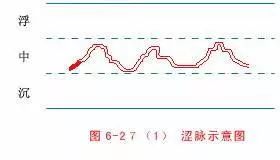
Rapid Pulse (Shu Mai): The rapid pulse is quick and indicates heat conditions. It is essential to differentiate between excess and deficiency.
Fast Pulse (Ji Mai): The fast pulse is extremely rapid, indicating severe Yang excess.
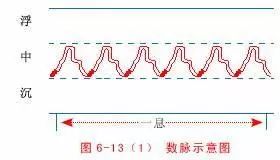
Tight Pulse (Jin Mai): The tight pulse is rapid and tense, indicating cold and pain.
Wiry Pulse (Xian Mai): The wiry pulse is long and straight, indicating the severity of the condition.
Slippery Pulse (Hua Mai): The slippery pulse flows smoothly, indicating phlegm or pregnancy.
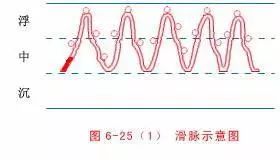
Moving Pulse (Dong Mai): The moving pulse is irregular and indicates anxiety or fear.
Choppy Pulse (Cu Mai): The choppy pulse indicates stagnation of Qi and blood.
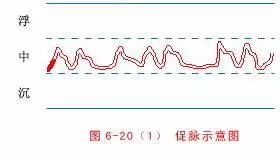
Soft Pulse (Ru Mai): The soft pulse is weak and indicates deficiency of blood and Yang.
